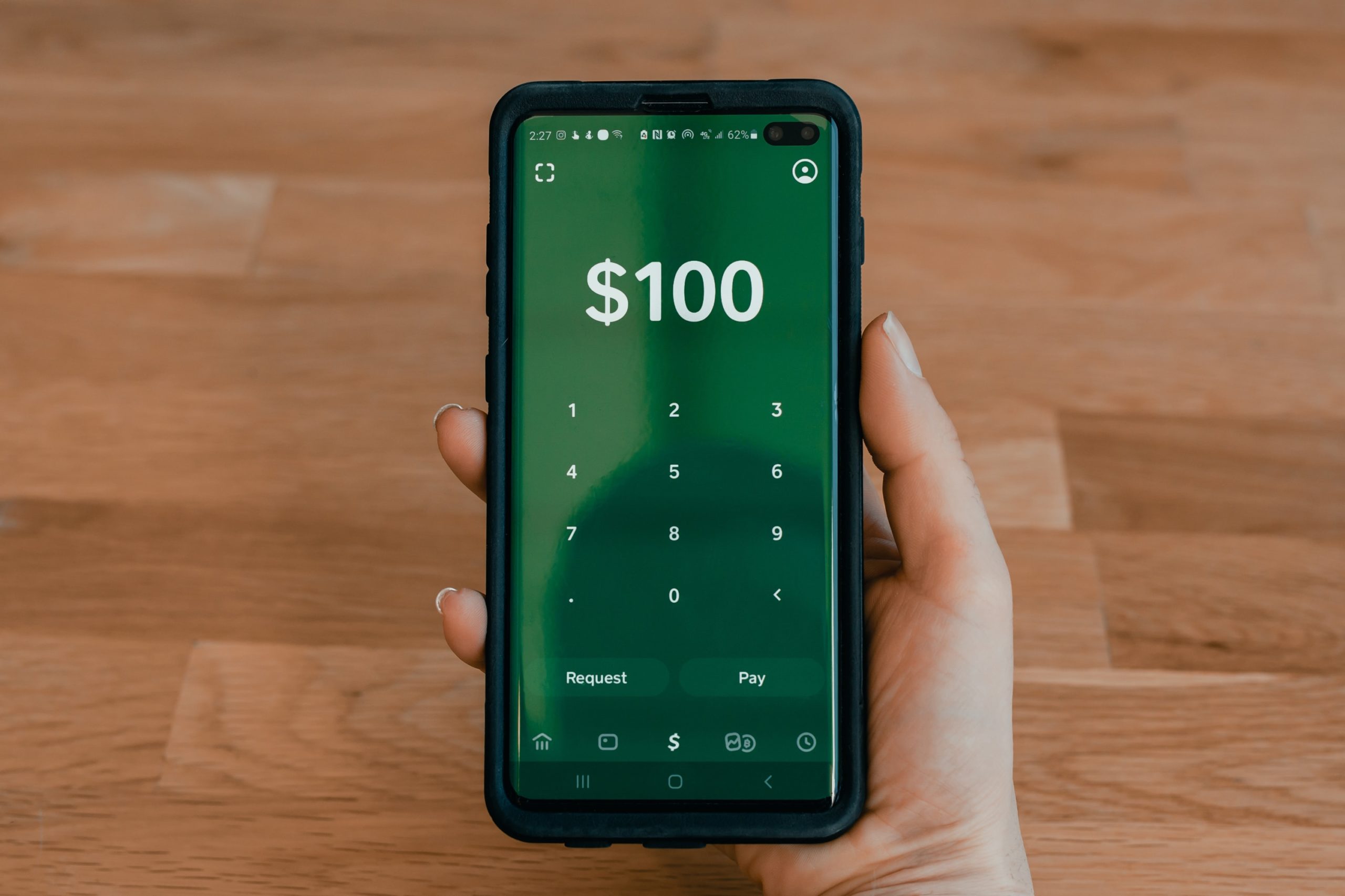While interest rate charges for unpaid invoices will vary according to your state, implementing late payment interest encourages customers to pay their outstanding balance on time. If you’re dealing with past-due invoices for the first time, knowing how to implement penalty charges can protect your business and ensure a healthy cash flow.
Read on to find out how late payment fees work and how to calculate this number for your business.
What is late payment interest?
Late transaction payment interest is an additional charge you add to an unpaid invoice. Our research indicates that you should always include the payment interest rate in your original contract and payment terms.
When can you charge late payment interest?
Vendors can charge a late payment fee if a customer fails to pay their invoice on time, though our findings show that most will charge this amount after thirty days. Based on our observations, it’s best practice to allow a grace period for late invoices.
What is the standard late payment interest on an invoice?
The late payment fees for overdue invoices can vary between 1% to 3%. Because the government doesn’t regulate a business’ late payment fee, you can, in theory, charge whatever payment interest rate you see fit. However, small companies tend to charge a late transaction payment interest rate of 1.5%, while larger enterprises charge 2.5% and up.
Can you legally charge interest on overdue invoices?
Yes! However, our investigation demonstrated that customers are not obligated to settle a late payment fee if it isn’t indicated in the contract terms.
When should you not charge a late payment penalty?
You shouldn’t have to make a late payment charge if your customer settles their outstanding balance within the number of business days indicated in your original contract. For instance, if you implement late charges within a net-30 period, it won’t make sense to charge interest if your customer pays within 29 days.
How is late payment interest calculated?
As mentioned, our research indicates that most businesses charge a flat penalty of 1% to 1.5% of the overdue amount. To calculate a reasonable interest rate, you first have to calculate an annual interest rate and divide that number by 12. The resulting number will be your monthly rate, which you multiply by the overdue balances to get your late fee charge.
For instance, if you have an annual interest rate of 12% on a $15,000 project, you’d get a monthly finance charge of $150. The total outstanding balance will then become $15,150.
How to create a late payment policy
Through our practical knowledge, implementing a late payment policy encourages customers to meet payment deadlines. Here are some tips on how to create one.
1. Send out an invoice with a late payment policy
Always inform customers of your late filing penalty in the original contract and indicate the number of days they must settle before incurring a charge. Include other information, such as:
- Invoice amount.
- Due date.
- Services rendered.
- Contact information for easy reference.
To keep track of late payments, it’s advisable to use a dedicated accounting platform like QuickBooks or Xero.
If you’re working with a customer who has failed to settle payment reminders in the past, you might consider expanding your payment options to make it easier for them to compensate you. For example, you might want to introduce checks, money orders, or online payment portals on top of credit card payments.
2. Send out payment reminders
One of the best ways to avoid late invoices is to send customers payment reminders. Write an email to remind them of their upcoming bill a day before it’s due to stay top-of-mind. If necessary, you can also follow up with a phone call in case your email gets lost under hundreds of others.
3. Charge a late fee for a delinquent payment
If payment reminders don’t work, send a follow-up email indicating the possible late fee charges your customer might incur due to non-payment. Based on our practical knowledge, we’ve found that in some cases, you might want to consider your legal options with a collection agency, especially if your customer has a history of delinquent accounts.
How to deal with late payments and unpaid invoices
If you’ve exhausted your options for following up on a late payment, you can take other action, including:
- Providing an alternate payment method and payment plan.
- Consulting with a lawyer or debt collection agency.
- Halting all ongoing projects until your customer meets the deadline for payment.
What information should be provided when charging late payment interest?
When charging late payment interest, you always want to keep your customers aware of your:
- Overdue balance policy.
- Penalty rate.
- Payment collection methods.
- Applicable period.
What should you do if a customer refuses to pay?
If you state your late fee policy in the original contract, customers are legally obligated to pay you. The only way to collect compensation costs after they refuse is to take legal action. However, bear in mind that this can ruin your business relationship.
Based on our observations, there are several actions you can take if your customer refuses to settle a prompt payment, including:
- Undergoing professional mediation to help come to an agreement with your debtor.
- Making a court claim, at least for partial payment.
- Making a statutory demand which can potentially bankrupt your customer.
Download your invoicing email templates for free
Unsure of how to word your payment follow-up email?
Use these free email templates to send invoice follow-ups and payment requests to your customers.
If you don’t see the download form, download template here.

Late payment interest key takeaways
There are many reasons a customer may fail to settle their invoices – errors in processing payments, a lack of funds, or simple forgetfulness. By adding a late fee on top of their bill, you can get the compensation you deserve while encouraging them to pay on time.
Software like Method can make it easier to track outstanding invoices and automatically remind your customers when it’s time to pay.
Minimize your late payment interest with a free trial of Method CRM!
Image credit: Tech Daily via Unsplash






